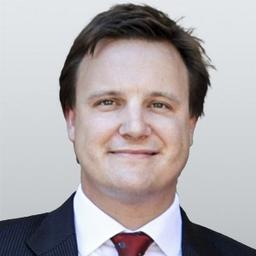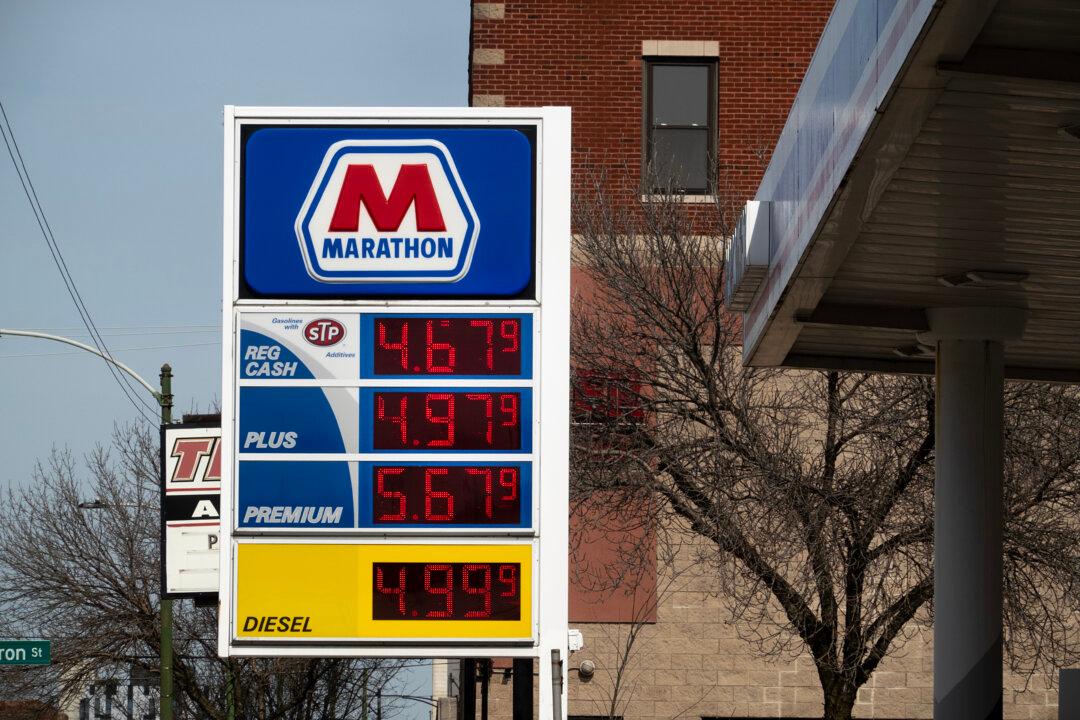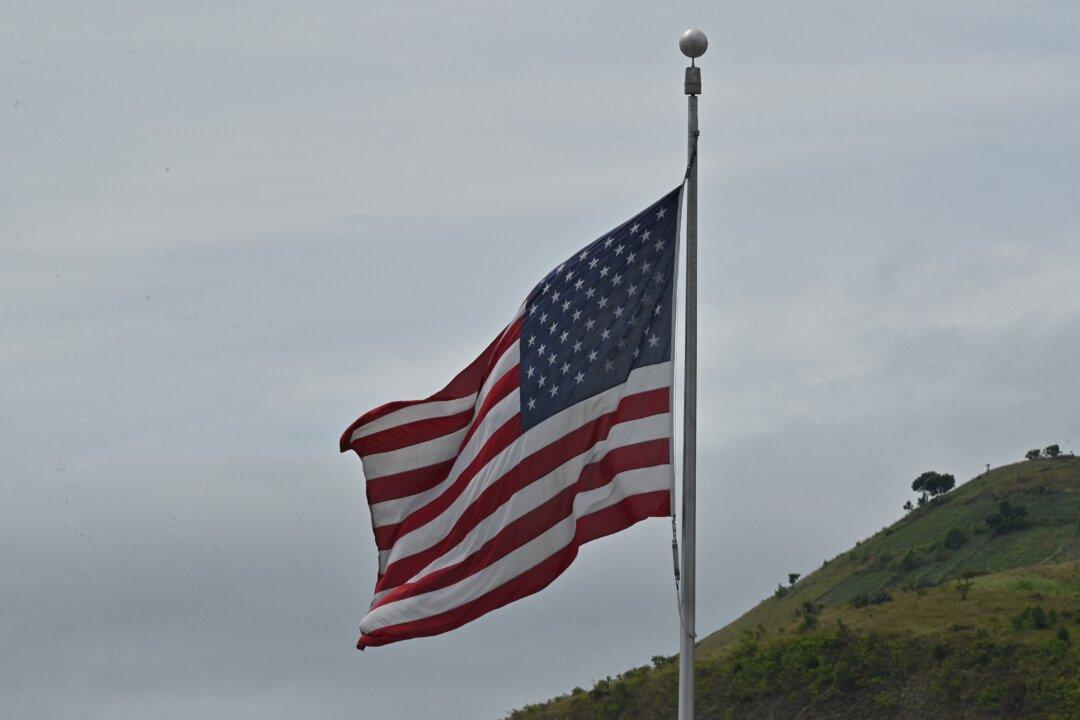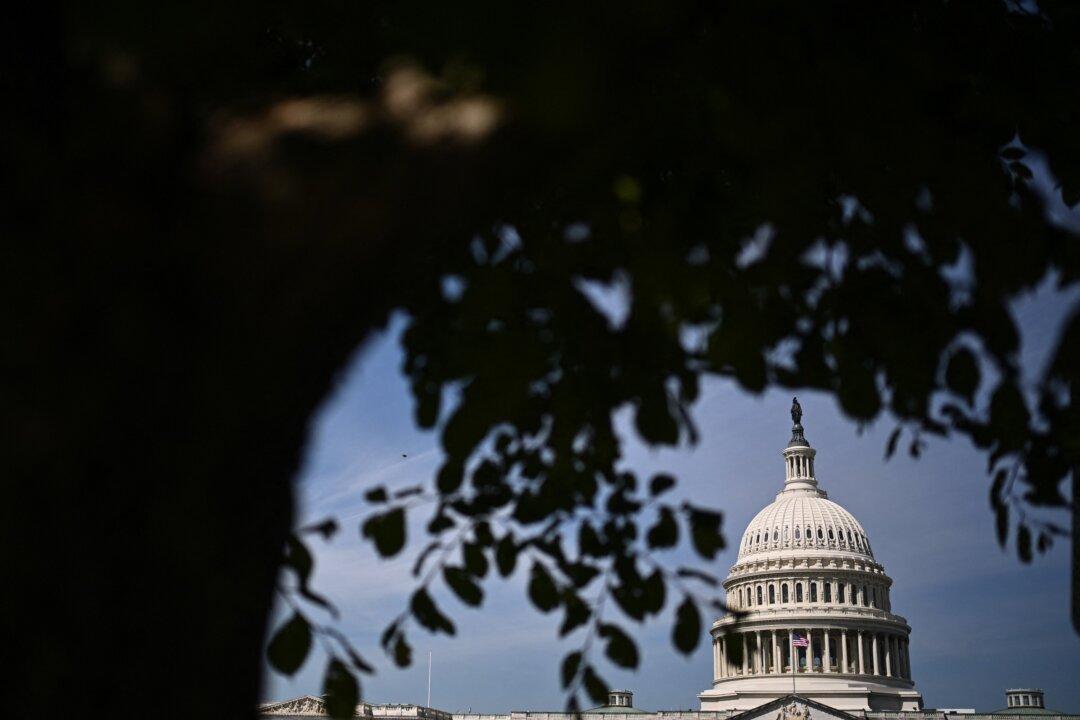Commentary
From the earliest days of settlement to the drafting of the Constitution, Christianity has played an undeniable role in shaping American identity and values. America was the first country to be explicitly founded on Christian values, drawing inspiration from the Ten Commandments, the Bible, English common law, and the Magna Carta, all emphasizing individual rights given by a higher power.





